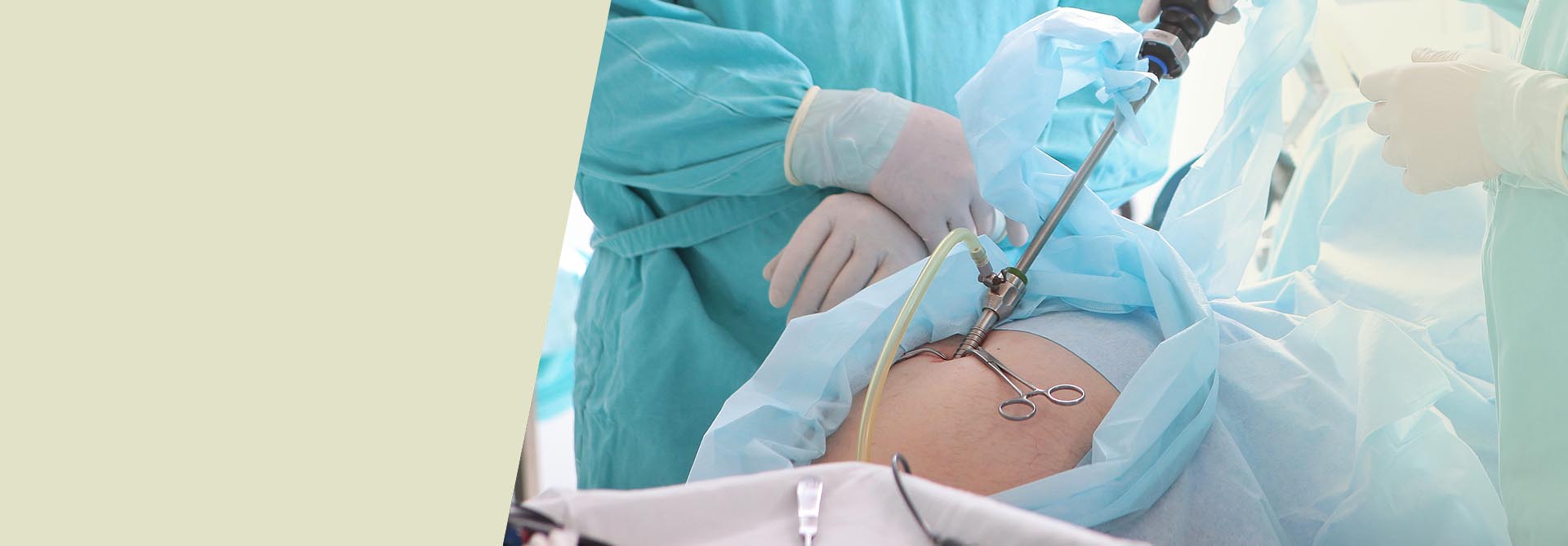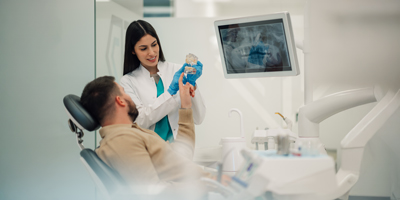You should consult a doctor if you experience:
- A bulge in the groin area that increases in size when standing or coughing
- Pain or burning sensation near the bulge
- Heaviness or dragging sensation in the groin
- Swelling around the testicles
- Discomfort while lifting, bending, or exercising
- Persistent or worsening pain
Seek emergency care if you have sudden severe pain, nausea, vomiting, or inability to pass stools, as these may indicate a strangulated hernia, which is a life-threatening condition.
You should consult a doctor if you experience:
- A bulge in the groin area that increases in size when standing or coughing
- Pain or burning sensation near the bulge
- Heaviness or dragging sensation in the groin
- Swelling around the testicles
- Discomfort while lifting, bending, or exercising
- Persistent or worsening pain
Seek emergency care if you have sudden severe pain, nausea, vomiting, or inability to pass stools, as these may indicate a strangulated hernia, which is a life-threatening condition.















.svg)









